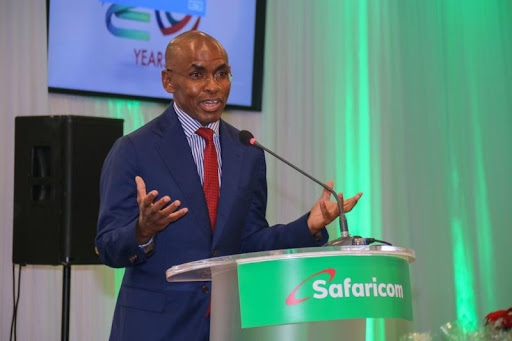Mandera will soon have a satellite blood collection centre in an effort to ensure easy availability of the commodity in terms of emergencies.
According to the Nairobi and Upper Eastern head at Kenya Tissue and Transplant Authority Festus Koech, the centre constructed by the county government is currently undergoing its final finishing work before being commissioned.
Currently, Kenya has at least 30 satellite centres spread across the 47 counties, with six regional Blood Transfusion Centres in Nairobi, Embu, Nakuru, Eldoret, Kisumu and Mombasa.
"The new blood satellite centre is not yet complete but we do collect blood in Mandera County Referral Hospital,” Koech said.
“Right now they are doing the final work in terms of construction and then the furniture will be done so that we also equip with what will be needed with blood collection and screening.”
Kenya has been struggling with blood shortage. The country requires between 500,000 and one million units of blood a year, yet collects less than a quarter of that volume.
The Covid-19 pandemic worsened the shortage crisis as people shunned going to hospitals, coupled with closure of colleges and schools.
With sustained nationwide blood donation drives, the collection has gone up to 384,000 units collected in the last financial year.
“We currently have small centres that collect blood although we have not reached the target but we take care of their needs because when there is an appeal, we normally send blood by air,” Koech said
The Ministry of Health in collaboration with the Ministry of ICT started a blood banking management system called DamuKe, a track and trace system donated blood from the donor to the recipient.
This was one of the raft of measures put in place to curb the claims of blood donated in the country being donated in the neighbouring countries such as Somalia.
The availability of safe blood and blood products is a prerequisite for various health care services.
These include surgeries, treatments for cancer and other acute and chronic medical conditions, trauma care, organ transplantation and childbirth.
The new authority has been tasked with regulating all services relating to human cells, tissue and organ transplant, as well as register and licence facilities and establishments dealing with human cells, tissues and organs and transplant services.
Also key on the agenda will be to provide support services for transfusion and transplant systems, including testing, grouping, typing, banking, processing, distribution, manufacturing and quality control.
(edited by Amol Awuor)










